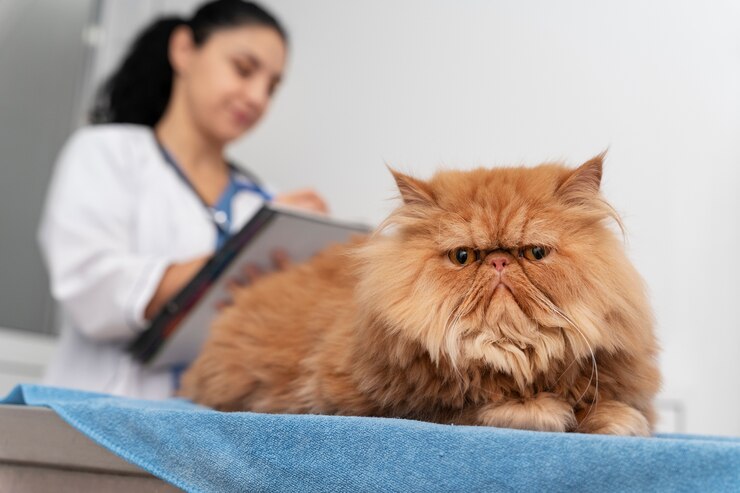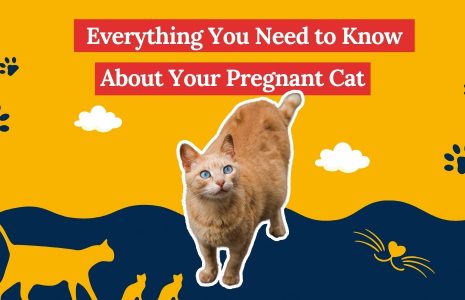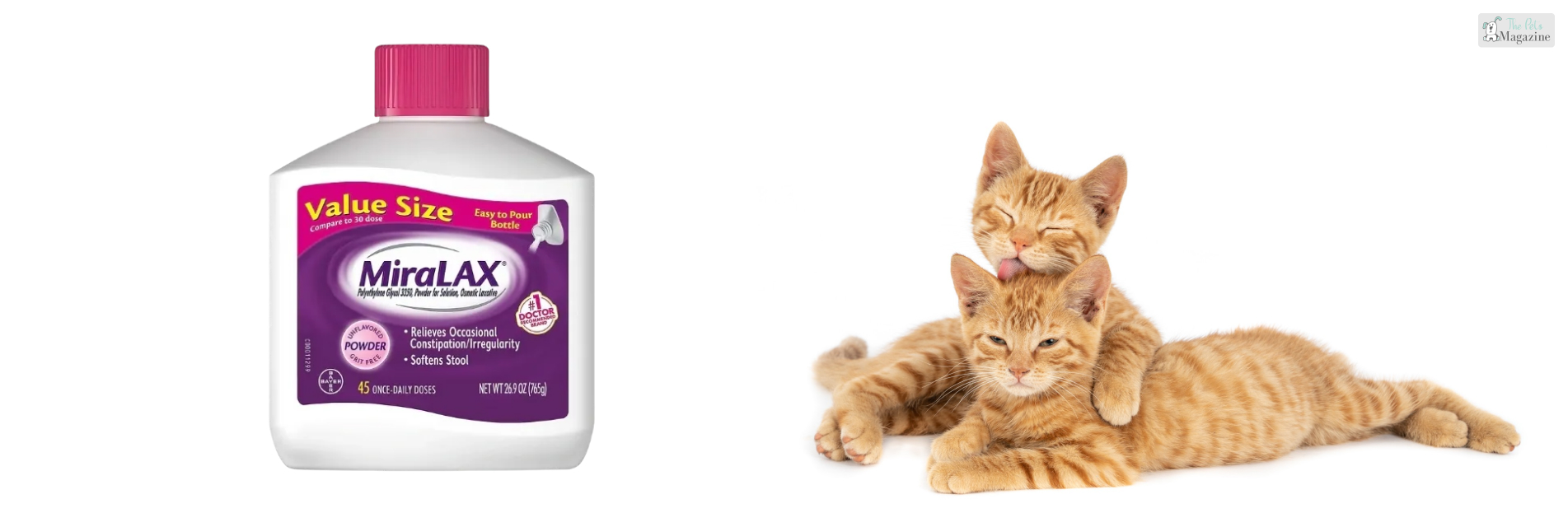How To Know If Your Cat Is Sick


Cats, known for their independence, often hide their sickness from their owners. This instinctual behavior can make it challenging for pet owners to recognize when their pet is unwel
However, understanding the subtle signs of a sick cat and providing them with healthy cat food are crucial steps in helping them return to their playful self. You can ensure your feline friend’s well-being and happiness by staying observant and focusing on good nutrition.
Physical Signs Of Illness
Noticeable physical changes can indicate that your cat might be unwell. Look for the following signs that can mean your cat has come down with an illness:
- Changes in appearance. Healthy cats have shiny, well-groomed coats. Dull or unkempt fur may indicate a problem. You may also notice changes in their eyes or nose because of discharge, especially if it’s colored or foul-smelling, which could mean an infection. Swelling or lumps are another sign of sickness. If you notice these symptoms, take your cat to a veterinarian immediately.
- Excessive thirst. Like all animals, cats need water but don’t typically drink large amounts. If you notice your cat drinking excessively, it could indicate conditions such as kidney disease, diabetes or hyperthyroidism. Take your cat to the veterinarian for assessment.
- Litter box issues. Gastrointestinal distress in cats can manifest as diarrhea, constipation or blood in their stool. If your cat urinates more frequently than usual, it could mean a urinary tract infection or even a life-threatening blockage. Consult a veterinarian immediately, as urinary complications can escalate rapidly and become fatal.
Behavioral Changes
Behavioral changes can be less recognizable than physical changes but may be the only indication of your cat’s illness. Common behavioral signs include:
- Eating and drinking habits. Cats are routine animals and prefer a daily pattern for eating and drinking. If your cat suddenly eats more than usual, less than usual or at strange times, it could indicate a digestive problem. Consider wet cat food to help your cat easily chew and digest meals.
- Increased aggression or fear. When cats experience discomfort or pain, their behavior can become more irritable or anxious. This can manifest as heightened aggression or an uncharacteristic fear of interactions, signaling that something might be amiss.
- Hiding more than usual. Cats often resort to hiding when they’re not feeling well, as it’s an instinctual behavior to protect themselves from potential threats. If your cat is hiding more frequently, it’s a major sign that they might be facing health issues and require veterinary care.
- Vocalizing more or less than usual. Every cat has its own unique way of vocalizing, established over time as you get to know them. A sudden increase or decrease in their vocal patterns can be a sign of distress or discomfort, suggesting they might need medical attention.
- Changes in sleep patterns. Cats typically have consistent sleep routines. Any shifts in their sleep habits, whether sleeping too much or too little, can hint at underlying health problems. It is a good idea to monitor their sleep and seek veterinary advice if changes persist.
Other Symptoms To Watch For
Outside of physical and behavioral signs, there are other issues to watch for in sick cats. Get medical care for your pet if you notice any of the following symptoms:
- Limping or difficulty moving. Issues with movement can arise from injuries, arthritis or other musculoskeletal challenges. If your cat displays these symptoms, seek veterinary care.
- Rapid breathing or coughing. Respiratory and cardiac problems can result in rapid breathing or coughing. It’s unusual for cats to exhibit these symptoms, even post-exertion, and warrants immediate attention.
- Drooling or difficulty swallowing. Excessive or unexpected drooling can point to dental issues or oral diseases. Observing this behavior should prompt a visit to the vet.
- Unexplained weight loss or gain. Cats generally maintain a consistent weight due to their routine-driven nature. A sudden shift in their weight, whether loss or gain, suggests a potential health concern.
Preventative Measures And Regular Care
Preventative measures and regular care are fundamental in ensuring your cat’s long-term health and happiness. Incorporate the following into your cat’s routine for optimal health:
- Routine veterinary visits. Regular check-ups, ideally at least once a year, are critical for monitoring your cat’s health. These visits allow for early detection of potential issues, ensuring timely intervention and preventative care.
- Staying up-to-date with your cat’s vaccinations is essential. This supports their immune system and guards against common feline diseases and viruses like feline leukemia and rabies.
- Flea, tick and worm prevention. A consistent protection regimen against fleas, ticks and worms is essential for your cat. It can help keep them comfortable and reduce the risk of external and internal parasitic infections.
- Balanced diet. Feed your cat a well-balanced diet tailored to their needs to ensure they receive all necessary nutrients. For instance, RawMix cat food with humanely raised chicken, turkey, peas and lentils can support their overall health, energy levels and longevity.
- Regular exercise. Physical activity is vital for your cat’s well-being, aiding in weight management and muscle tone. Engage them in playful activities and provide toys to help keep them active, ensuring a fit and happy feline.
Protect Your Pet’s Health
Your cat’s health and well-being depend on your vigilance as a caregiver. By recognizing signs of illness, seeking timely veterinary care and implementing preventative measures, you can ensure a fulfilling and healthy life for your beloved feline companion.
Recommended Reading..








Leave A Comment